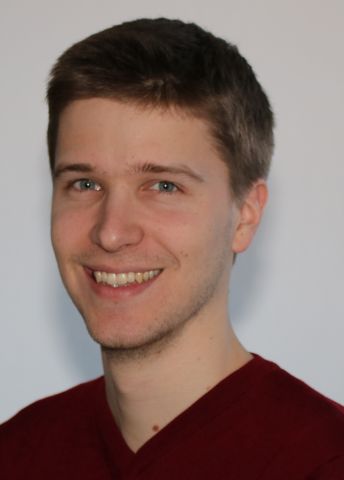
Program for mathematics 2019
Doctoral Student Axel Ringh
KTH Royal Institute of Technology
Post doc at
Hong Kong University of Science and Technology, Hong Kong, China
Doctoral Student Axel Ringh
KTH Royal Institute of Technology
Post doc at
Hong Kong University of Science and Technology, Hong Kong, China
On the correct and rapid allocation of resources
Axel Ringh received his doctoral degree in applied mathematics from KTH Royal Institute of Technologyin 2019. Thanks to a grant from the Knut and Alice Wallenberg Foundation, he will hold a postdoctoral position with Professor Li Qiu at the Hong Kong University of Science and Technology, Hong Kong, China.
Planning is important in many applications, leading to various types of scheduling problems. This may apply to current societal challenges such as planning energy allocation to smart grids or charging electric vehicles. Small scheduling problems can always be solved efficiently by a computer. But larger problems with thousands of components can, if a suitable algorithm is not found, take millions of years to solve, even with a very powerful computer.
For simple conditions, such as with a limited amount of resources and tasks to perform, the scheduling problem is well-researched and can be solved efficiently. However, this becomes more complicated as there are often different types of extra constraints within applications – time is limited or, in some cases, resources can even be reallocated. For example, a car battery that is primarily connected for charging may also be used to contribute temporary power.
Challenges also include the length of time it often takes to calculate a solution. Therefore, it is necessary to quickly determine in advance whether the problem even has a solution. This means producing the essential and adequate conditions for the existence of a solution, which are also easy to evaluate. And, if there is a solution, there are usually several different ones; if so, methods are required to find solutions that are optimal from particular perspectives.
Axel Ringh’s research is about understanding for which types of extensions of the scheduling problem it is still possible to solve the problem efficiently. One promising approach is to utilize the experience from decades of development in the optimal transport problem, that have previously been applied, among other things, in processing of signal and image data.